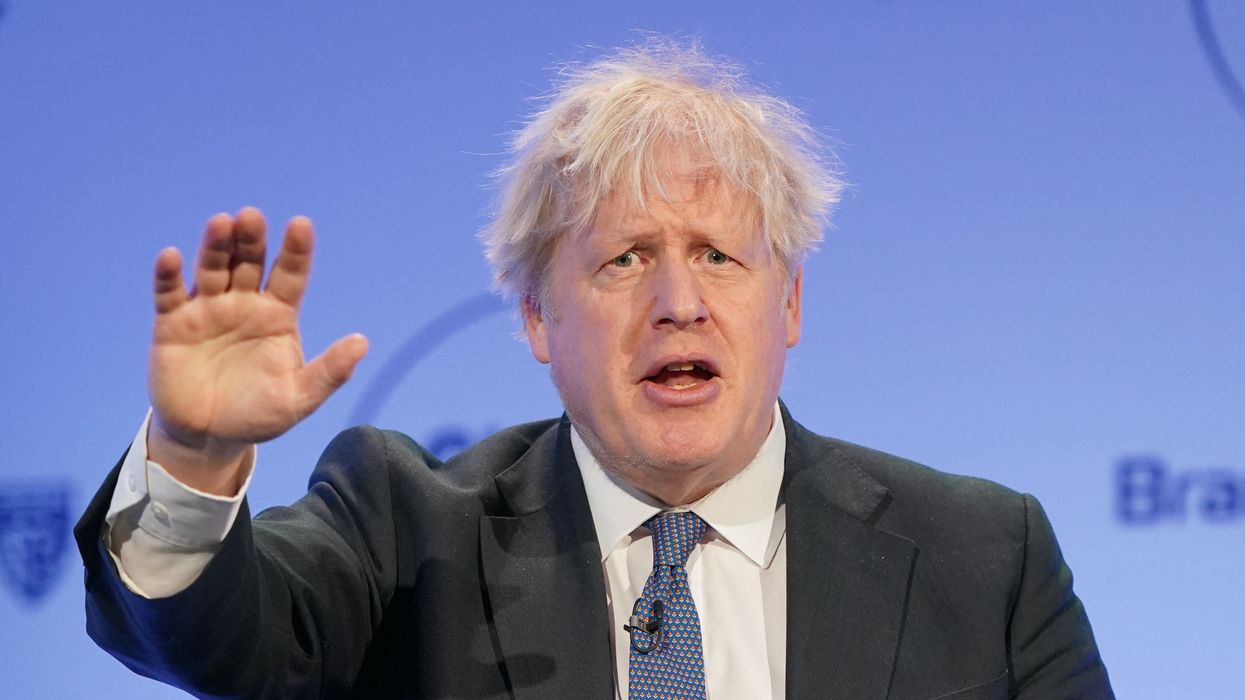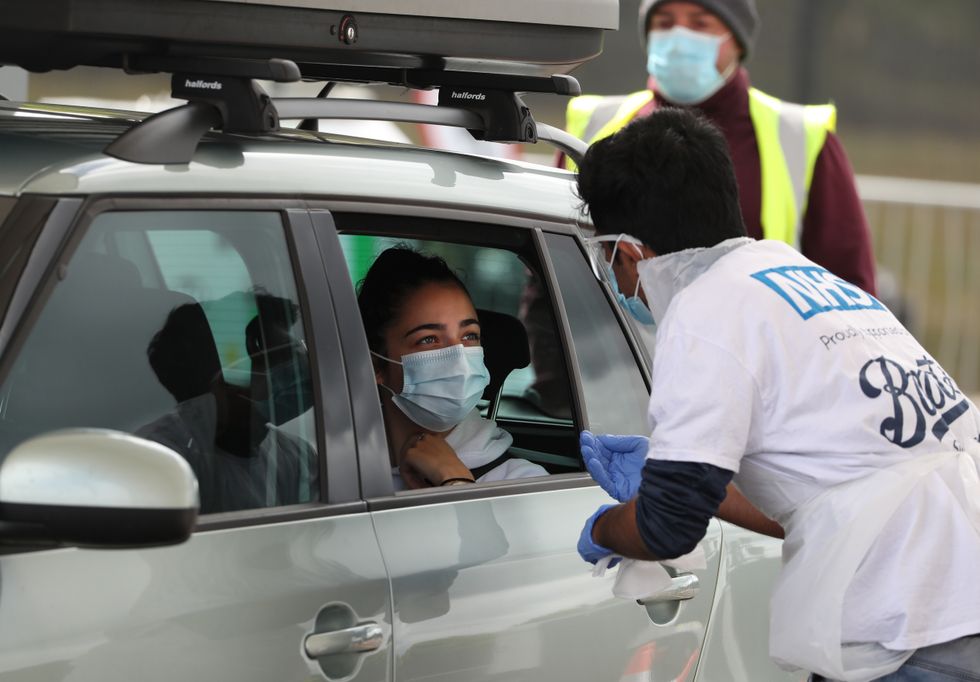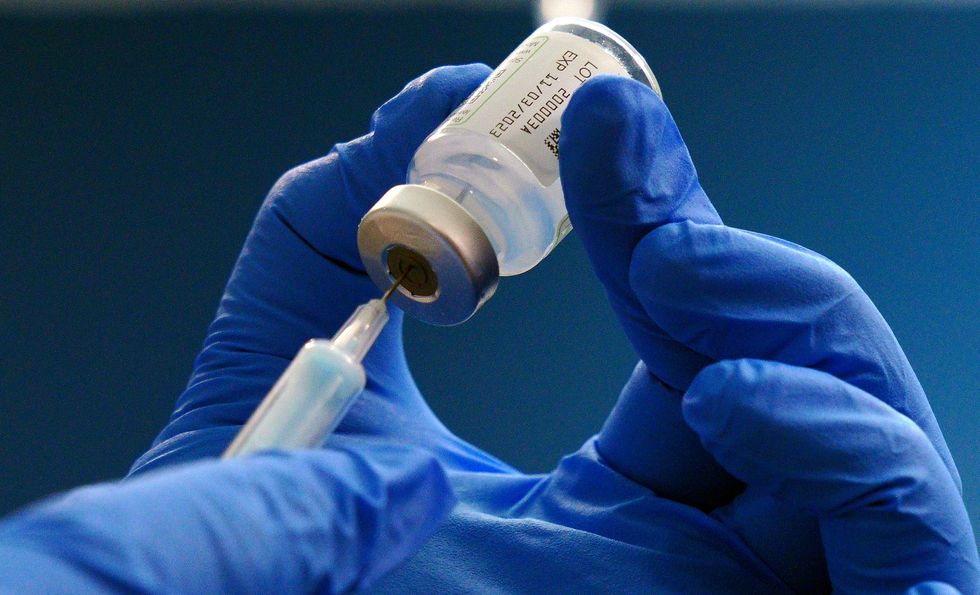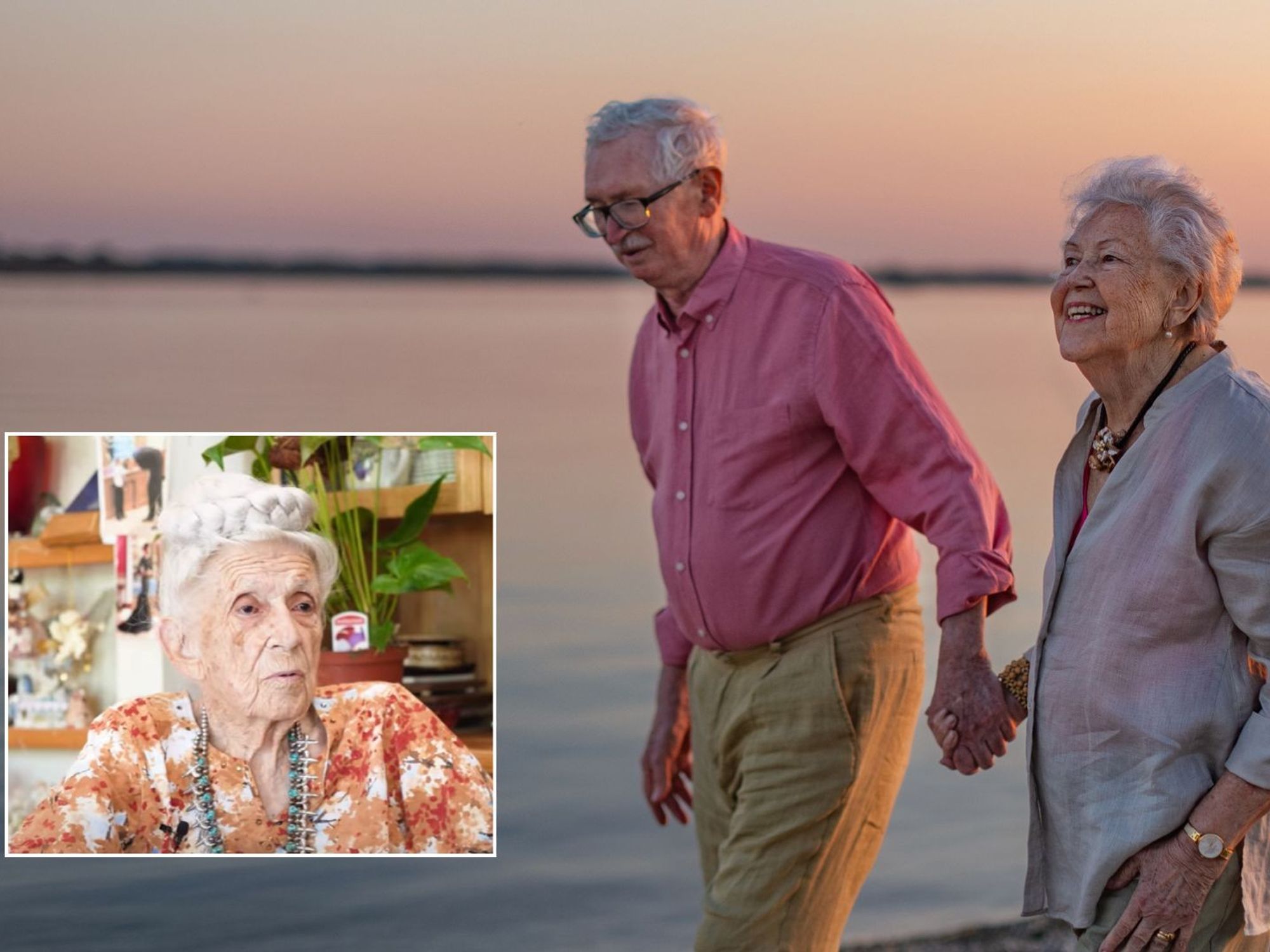
A secretive Government team worked with social media companies in an attempt to curb discussions of controversial lockdown policies
PA
The Government unit also targeted those questioning the mass vaccination of children
Don't Miss
Most Read
Trending on GB News
A secretive Government team worked with social media companies in an attempt to curb discussions of controversial lockdown policies during the pandemic.
Critics of Covid restrictions were targeted by the Counter-Disinformation Unit (CDU) to tackle supposed domestic “threats”.
Posts criticising lockdown restrictions or questioning the mass vaccination of children were removed.
And there is growing suspicion that social media firms used technology to stop the posts being promoted, circulated or widely shared after being flagged by the CDU or its counterpart in the Cabinet Office.

Posts criticising lockdown restrictions or questioning the mass vaccination of children were removed
PA
Files under the Freedom of Information (FoI) and data protection requests found that prominent critics of the Government's Covid plans were secretly monitored.
Social media sites were searched by an artificial intelligence firm (AI) on behalf of the Government and flagged discussions opposing vaccine passports.
The BBC were also found to be involved in secretive meetings of a government policy to discuss the so-called disinformation.
MPs and freedom of speech campaigners have condemned the disclosures as “truly chilling” and “a tool for censoring British citizens” similar to those of the Chinese Communist Party.
“Any attempt by governments to shut down legitimate debate is hugely concerning, but to discover that DCMS actively sought to censor the views of those who were speaking up for children’s welfare is truly chilling," Miriam Cates, a Conservative MP told The Telegraph.
“It is becoming increasingly clear that many of the foundations of our democracy – such as free speech and parliamentary scrutiny – were completely disregarded during the pandemic.”
Among prominent critics who were monitored was Prof Carl Heneghan, the Oxford epidemiologist who has advised Boris Johnson, Dr Alexandre de Figueiredo and Molly Kingsley, who set up a campaign to keep schools open during the pandemic.
The CDU, which is still operating, was embedded in the Department for Culture, Media and Sport (DCMS).
A "trusted flagger” system at social media companies including Facebook and Twitter means requests for content to be removed are fast-tracked for consideration.
Ministers have denied asking for posts by Prof Heneghan, Dr de Figueiredo or Kingsley to be removed.
The CDU was created in 2019 and was initially focused on the European elections before turning to focus on the pandemic.
The unit worked closely with the Cabinet Office’s now defunct RRU during the pandemic, whose responsibilities included tackling “purported ‘experts’ issuing dangerous misinformation”.
The RRU has admitted in an FoI that it made requests for social media posts to be taken down.

Social media sites were searched by an artificial intelligence firm (AI) on behalf of the Government and flagged discussions opposing vaccine passports
PA
Silkie Carlo, director of Big Brother Watch, said: “The very concept of ‘wrong information’ dictated by a central authority is open to abuse and should be considered far more critically, lest we mirror Chinese-style censorship.
“Whilst everyone would expect the Government and tech giants to act against foreign hostile disinformation campaigns, we should be incredibly cautious about these powers being turned inwards to scan, suppress and censor the lawful speech of Brits for wrongthink, as is shockingly the case right now.”
A government spokesman said: “The unit’s purpose is to track narratives and trends using publicly available information online to protect public health and national security.
“It has never tracked the activity of individuals and has a blanket ban on referring journalists and MPs to social media platforms.
“None of the people named in this report were ever referred to social media platforms by the Government and any claim otherwise is objectively false.
“The RRU, which closed in July 2022, tracked government policies and important issues – not individuals. It used publicly available information, including material shared on social media, to assess UK disinformation trends and narratives.”








